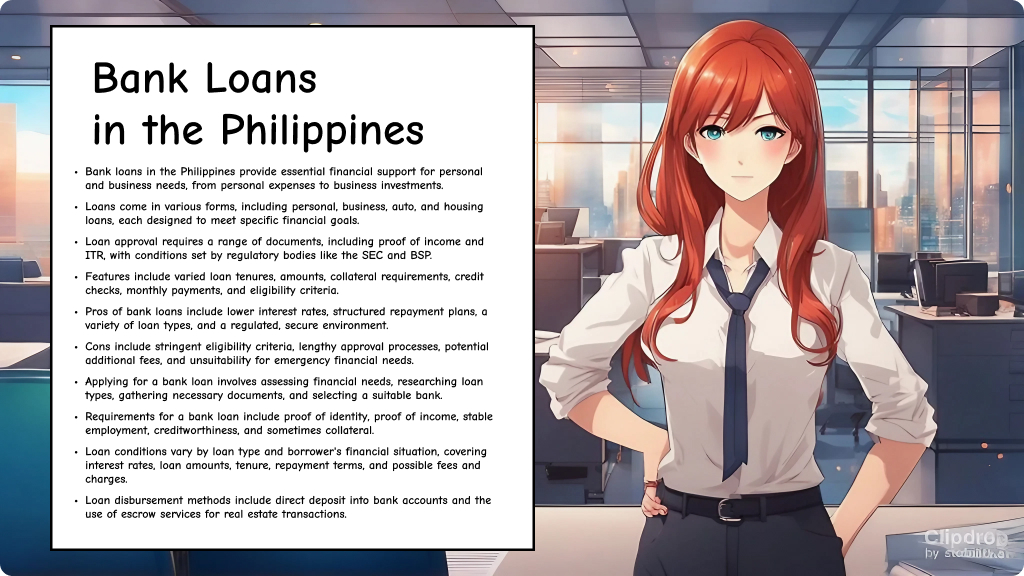Attention! Cashonline.me does not operate as a loan provider. Rather, Cashonline.me serves as a platform offering access to comparison tools to simplify your search for a licensed lender.
Should you need more information about our service, feel free to explore the Questions and Answers section or reach out to our Support team.
Cashonline.me focuses on microloan selection for clients. It acts as a bridge connecting borrowers with licensed financial institutions. Cashonline.me itself is not a bank, financial institution, or lender and does not assume responsibility for any loan agreements or their terms. All calculations are estimations. The final conditions can be checked on the respective lender's website. Before initiating a loan application, it's important to thoroughly understand the terms of service and complete your profile. The site utilizes cookies to optimize your experience, and you can manage cookie preferences in your browser settings. The service is available only to individuals aged 18 or over.
Loan repayment timeframe and interest rates The annual loan interest rate starts at 30%, capping at 365%. The loan term ranges from 91 days to 2 years.
Example of online loan computation
Assume you apply for a loan of 30,000 PhP at a monthly interest rate of 4.5% for a 3-month period. By the loan's due date, you'll be charged an additional 4,050 PhP. Hence, your total repayment will be 34,050 PhP. For further clarity, here are interest calculations that reveal the repayment sum (inclusive of interest) for typical service users. Loan amount: 30,000 PhP; monthly interest: 4.5%; loan term: 3 months. The 3-month period accrues interest at 4.5(%) * 3(months) = 13.5%. This equates to (13.5% * 30,000 PhP (loan amount))/100% = 4,050 PhP (accumulated interest). So, 30,000 PhP (loan amount) + 4,050 PhP (interest) = 34,050 PhP, which is due in three months. If a payment is delayed, the penalty fee is 0.10% daily, but it won't exceed 10% of the loan amount. In case of significantly overdue payments, your information will be reported to a credit bureau. However, a loan extension can be arranged if the lender is informed promptly (before the loan due date) and if the interest for the original loan period is paid. No extra charges apply for loan extensions.
Implications of Non-Payment
Should a loan or interest payment be delayed, the lender has the right to impose a late fee. This can occur when, for instance, a bank transfer takes longer than expected. However, prolonged non-response can result in an overdue fee typically amounting to 0.10% of the initial loan sum and about 0.03% of the consumer loans and credit card amounts. Non-compliance with loan terms can lead to your information being reported to a credit bureau, potentially damaging your credit history and score. The outstanding debt may also be turned over to a debt collection agency. If the loan amount is past due, an extension may not be granted. Timely loan repayments can enhance your credit history, boost your credit score, and improve your chances of obtaining better loan deals in the future.
